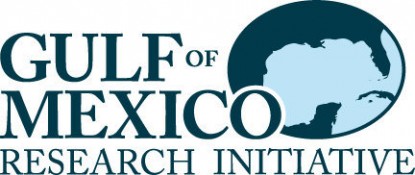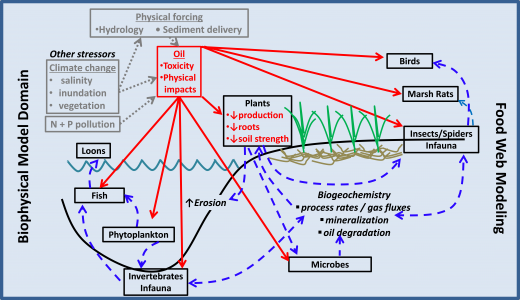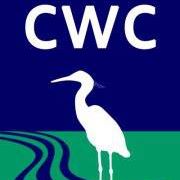 The major research themes of the BP-funded Gulf of Mexico Research Initiative are:
The major research themes of the BP-funded Gulf of Mexico Research Initiative are:
- Physical distribution, dispersion, and dilution of petroleum (oil and gas), its constituents, and associated contaminants (e.g., dispersants) under the action of physical oceanographic processes, air–sea interactions, and tropical storms.
- Chemical evolution and biological degradation of the petroleum/dispersant systems and subsequent interaction with coastal, open-ocean, and deep-water ecosystems.
- Environmental effects of the petroleum/dispersant system on the sea floor, water column, coastal waters, beach sediments, wetlands, marshes, and organisms; and the science of ecosystem recovery.
- Technology developments for improved response, mitigation, detection, characterization, and remediation associated with oil spills and gas releases.
- Impact of oil spills on public health.

The Coastal Waters Consortium (CWC), led by the Louisiana Universities Marine Consortium with 15 collaborating institutions, primarily addresses GoMRI research themes 1, 2 and 3. The CWC’s coastal waters research is further divided into five general research tasks as indicated:
- Physical/Chemical/Sedimentary
- Biogeochemistry
- Invertebrate Studies
- Vertebrate Studies
- Integrative Studies

